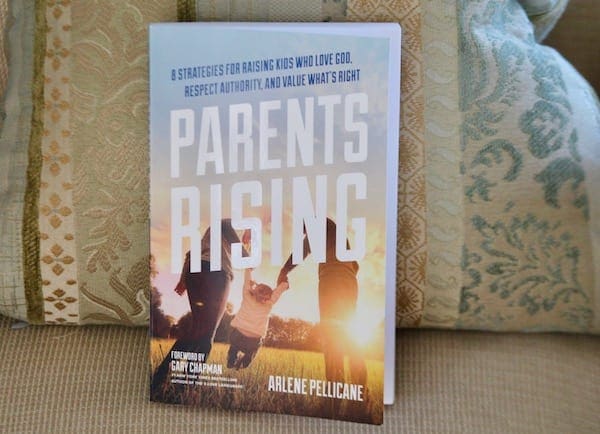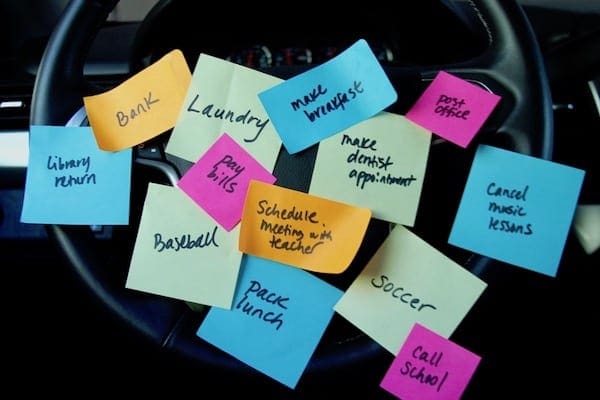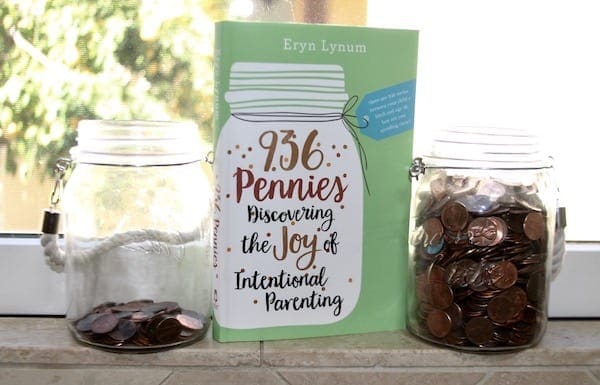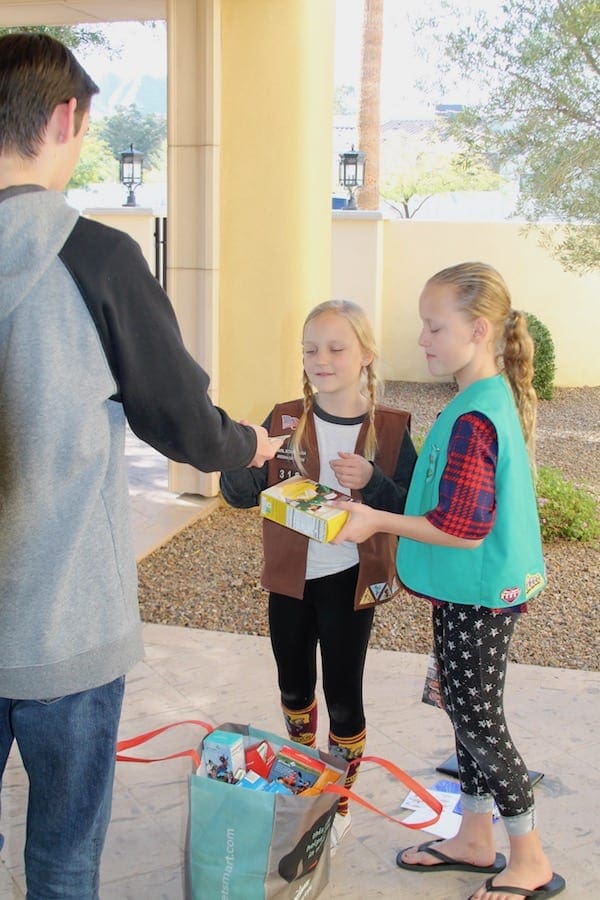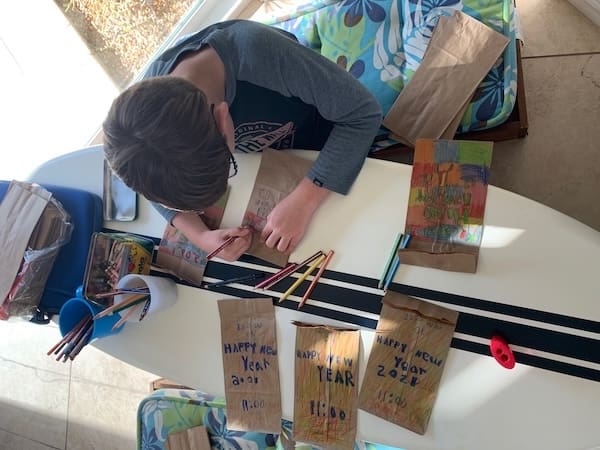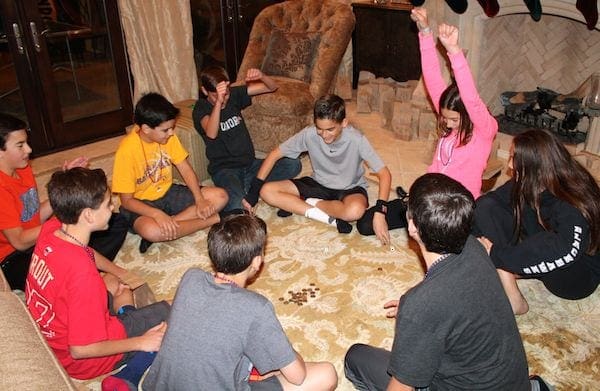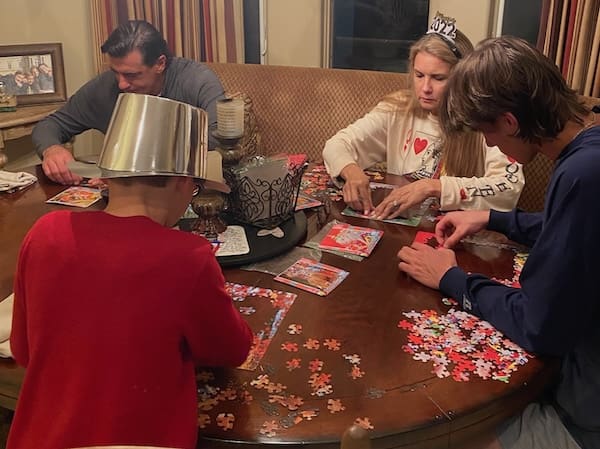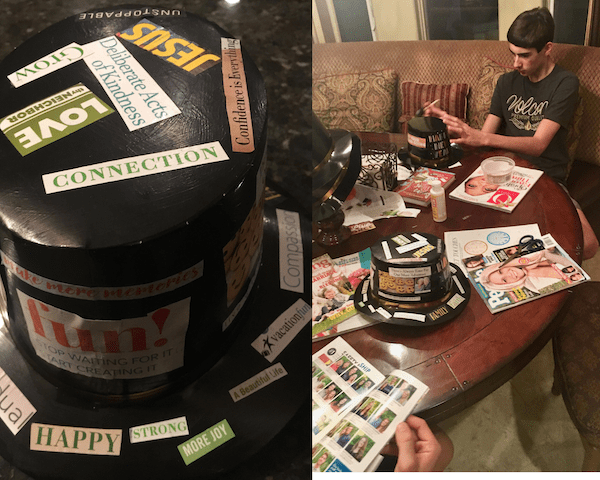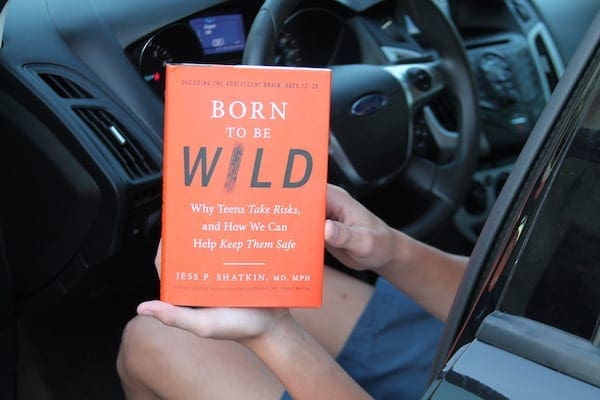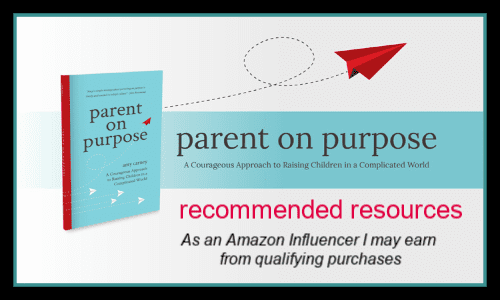What do you mean you have a B?
What do you mean you got third place?
What do you mean you’re not taking that honors class or that SAT prep course?
What do you mean you don’t know where you want to go to college or what you want to study yet?
And our parental anxiety heightens as we question if our child is falling behind in this race toward college called childhood.

It’s no wonder youth suicide rates, depression and anxiety are at an all-time high. The pressure to keep up is intense as our children are constantly evaluated and expected to compete at a high level in every aspect of their life.
Teenagers are taking their own lives because they feel they can no longer keep up with the competitive culture they are living in. When are we going to wake up to the fact that just maybe the expectations we are putting on this generation of kids are too much?
What can we parents do to combat the crazed competitive culture that our children are growing up in?

1. Make your home a haven
Let your home be a place where your child can relax, restore, and be rejuvenated. We need to purposely provide a calm away from our kid’s daily storm by providing them a peaceful home away from the craze of the outside world.
This doesn’t mean that we never raise our voice (a.k.a. yell) and let our child continuously veg out on the sofa, scrolling a device, while we run around and serve them. It means that we, as a leader in our home, purposely create a low-stress environment, as often as we can. Gather around the family dinner table regularly so that authentic conversation and relationships may be strengthened.
2. Refrain from promoting parental pride
It’s only natural to be proud of our son’s big win or our daughter’s accomplishment but it doesn’t mean we need to constantly post about their successes online. Our children are always watching us. When winning the games and earning the awards become what we regularly promote on our social media feeds, we subconsciously send the message to our children, and our friends, that this is what we deem most important.
If you don’t own the school or team you are promoting with the sticker on the back of your vehicle, maybe you should remove it. Because even if you don’t voice it, that logo slapped on your window or bumper tells your kids, and all of us trailing behind you, what you prioritize.
3. Say no to the parent portal
The parent portal apps where we can monitor our kids’ academic activity only add to the pressure and stress for all involved. How can our children own their own learning if we are constantly getting on them about missed assignments or low test scores?
If we are regularly checking the portal to see where our child is falling short than our son or daughter will never learn to feel the consequences of their mistakes or successes themselves. They will naturally come to rely on Mom or Dad to tell them what moves to make next.
Set yourself up for success in this area by removing the portal off of your devices. Every now and then ask your child to pull it up on their device and show you how things are going.
4. Prioritize play

What happened to the fun? We mustn’t take life so seriously all of the time when raising kids today. Our families and homes need more laughter, play, and silliness. Don’t mistake sitting on the sidelines of your child’s life watching them perform and compete as playtime. Figure out where your family playgrounds are and head there more often.
5. Normalize failure
Our children must feel the pain and discomfort of failure. They must face the consequences of not studying or forgetting to do their homework. Kids must gain experience failing and learn to recover from their mistakes in order to build resilience.
Talk regularly in your home about times when you mess up as an adult. Let them see you embrace failure. When we as parents expect straight A’s and winning sports seasons, we wrongly teach our kids that perfection is the goal.
6. Set limits on technology
Our children come home from school, fall on the couch, and begin mindlessly scrolling and gaming in their downtime. As the parent, we must allow them the space to unwind while setting limits for technology use in our home. Kids need a break from the pressuring world around them, but always seeking reprieve on a screen is not healthy. Getting them away from their screens isn’t always a bad thing. Social media can be an amazing part of the modern world, for socializing and sharing photos.
Limiting their time on these social media platforms can give them a break from the pressures online. Children of all ages need space without digital devices to experience boredom and an opportunity to build relationships with friends and family face-to-face.
7. Allow them to take a day off
This is a recent shift in thinking for me. It wasn’t until I witnessed the negative effects of my high schoolers’ juggle of honors class homework, club sports, academic clubs and working a part-time job, that I began to allow my teens to turn off their alarms and take a day or morning off to regroup once in a great while. I realized that there were different ways nowadays that kids can become overstressed and overworked and this could lead to them having anxiety which can make feelings of failure worse for them. This stress could also lead to a lack of sleep and poor mental health.

Managing normal stress is a healthy part of life, so know your child well enough to know when he or she is overstressed. If you see your son or daughter has time for playing video games, scrolling social media, or watching television than they probably don’t need a mental health day off from school. They may need to learn to manage their time better. Know the difference between when your child actually needs a break and simply wants one.
8. Drop the college conversations
There is so much pressure on kids, in middle school even, to begin thinking about where they will go to college and what they will major in. Friends and family discuss GPA’s, SAT scores, class schedules, scholarships, and college essays on a regular basis.
Parents have their children join clubs and organizations hoping it will help their child appear well rounded and heighten their chances of getting into college. We as a society have begun to worry so much about building up our child on paper that we are forgetting to build up the real person.
Even if we as parents aren’t pressuring, our child is still growing up today surrounded by stress and expectations. How are you purposely combatting the competitive culture that your child is growing up in?




